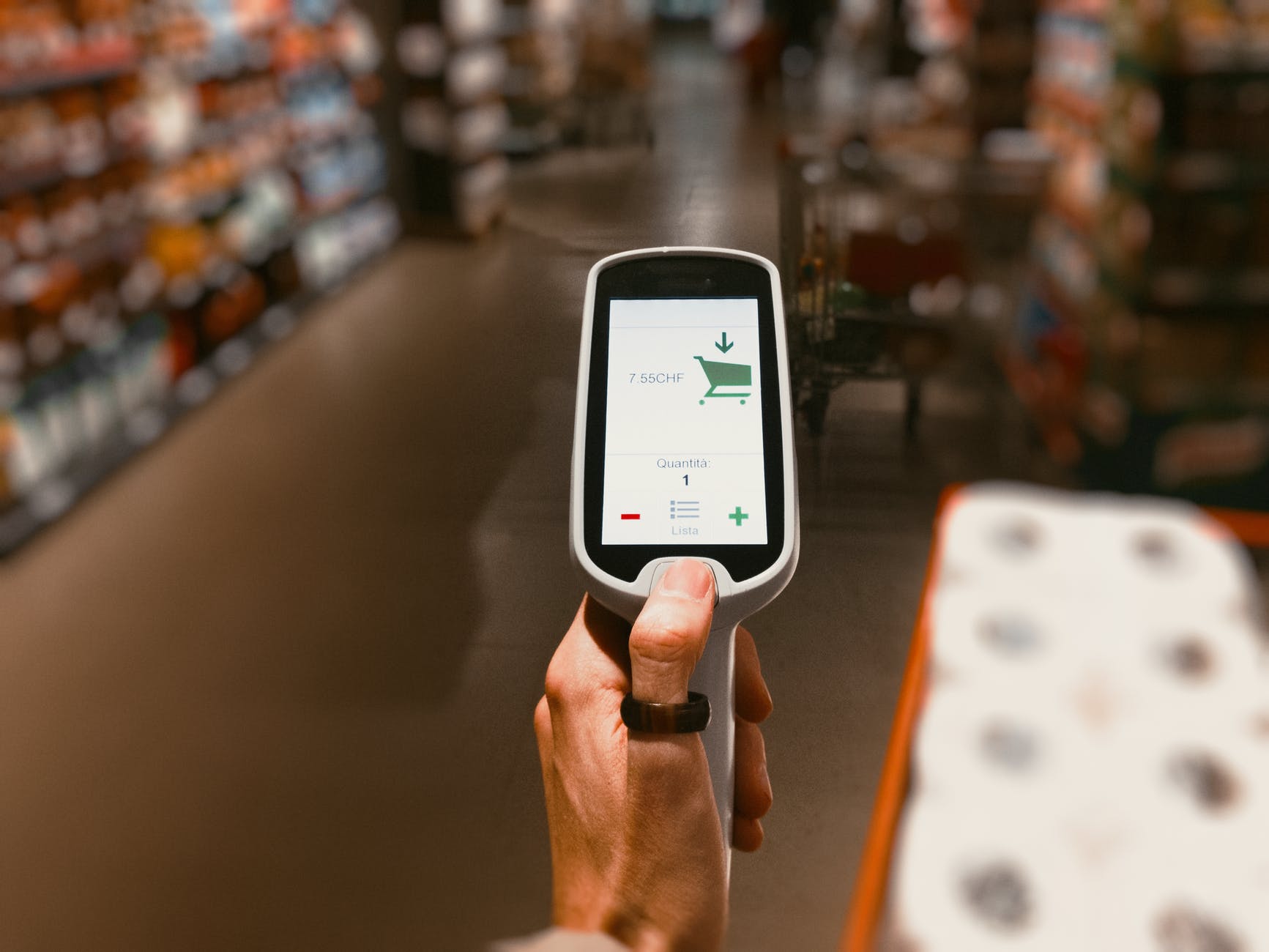4 Critical Industries That Require Temperature Monitoring

Temperature monitoring is a crucial form of data collected in many industries. The most reliable and accurate tool to perform this task is a data logger. These instruments are portable, programmable, and not only monitor environmental conditions such as temperature but also record the results in onboard memory. Data loggers are precise measuring tools that record the information for later download and analysis. The information recorded can verify temperature compliance or trigger an alert that conditions are deteriorating and require human intervention to rectify them.
How A Data Logger Works
For temperature monitoring, a special type of data logger is required. These typically have a temperature probe attached to them that is sensitive enough to record minute changes in temperature. The data logger operates on batteries enabling it to be installed in almost any location where temperature values must be monitored. The microprocessor inside the device acts as a memory which holds the recorded data in a memory loop. This means that once the maximum memory space has been reached, older data will be overwritten by new data. All data can be sent to a computer or smartphone to be analyzed.
Four Key Industries That Utilize Temperature Monitoring
Several different industries rely on accurate and consistent temperature monitoring. Here is a closer look at just five of them and where this data is recorded.
1 – Healthcare
When you consider that your local hospital is also home to various vaccines, medications, blood supplies, and organs, all waiting to be used, tested, or transported, it makes sense that a hospital’s cold storage facilities are extremely important. This is where a data logger comes into the picture. It provides an ongoing sampling of conditions to track the temperature and ensure environmental stability for these supremely important elements of hospitals.
A pharmacy houses many of the same things that a hospital has in cold storage, such as vaccines and medications. In fact, virtually all hospitals have their own pharmacies. But even stand-alone pharmacies require sensitive temperature monitoring and must provide compliance reports. Consistent cold storage ensures the safety of medications, vaccines, and other potentially life-saving materials.
2 – Aerospace
The aerospace industry is a high-temperature industry that requires high-quality data loggers that can operate outside the parameters of normal temperature gauges. That is because the applications in aerospace are quite different from those in a hospital or restaurant. Data loggers in aerospace are used to monitor such things as exhaust gas temperatures, bleed air temperatures, gas turbine air inlet temperatures, turbine blade temperatures, and gearbox bearing temperatures to prevent equipment failure.
3 – Food & Beverage
Have you ever had leftovers from your refrigerator that didn’t taste right and you later found out that the temperature of that appliance wasn’t set right or that it was starting to fail on you? In the food industry, which includes food manufacturing, food distribution, and the food service industry, food is a perishable item that requires cool temperatures to keep it safe. Data loggers are crucial in this industry, which requires strict controls and constant monitoring to reduce bacterial levels and ensure food is safe consumption.
4 – Manufacturing
Equipment gets hot and industrial processes can suffer serious downtime when temperatures cause equipment to breakdown or fail. This can have a huge impact on the efficiency of the production line and on a company’s bottom line. Data loggers placed in various locations along the system can keep track of hot spots and issue alerts when temperatures soar to critical levels. With temperature monitoring in place, manufacturing can continue without loss of time or labor resulting from a temporary shutdown due to malfunctioning or breakdown of equipment.

Other Applications For Temperature Monitoring
Temperature and humidity monitoring are essential in many other applications, including the following:
– Monitoring equipment temperatures in data centers
– Monitoring agriculture and horticulture growing conditions
– Monitoring pest control equipment
– Monitoring the setting of concrete in construction
– Monitoring moisture levels following flood or water damage restoration
– Monitoring conditions in buildings to prevent mold development
Benefits of A Data Logger For Temperature Monitoring
There’s a huge variety of temperature data loggers out there from providers such as Dickson that have benefits when used for recording temperature conditions. They include the following:
1 – A Data Logger Works All-Day, All-Night
When you program the sample rate you require for your specific requirements, a data logger does all the work and continues doing all the work unattended, until either the batteries die or you remove the device to download the data or recharge the batteries.
2 – It Can Handle Harsh Conditions
Your data logger is recording temperatures on the cold end of the scale or the scorching hot end of the scale; it can do either. This means that instead of trying to manually record temperature values and potentially risk human well-being, a piece of electronic equipment can withstand the conditions and still gather data.
3 – They Require Very Little Maintenance
As long as you keep a supply of batteries or ensure the unit is fully charged when needed, there is little extra work required in keeping your data logger working at its full potential. Once a year you can have it calibrated to ensure accuracy and that should keep it functioning well.
In Conclusion
Temperature monitoring is important in many different industries; those detailed here are just a few. Fortunately, there is an electronic device that can take this task on and return excellent results. It is called a data logger, and it is simple to use. You set it up to record the temperature and if the data recorded falls outside of your pre-programmed parameters, it will alert you to this fact so that you can act on the situation before it gets out of hand. Protecting various industries from major losses, legal action and damage to equipment and reputations are the primary functions of a data logger that tracks and records temperature information.



